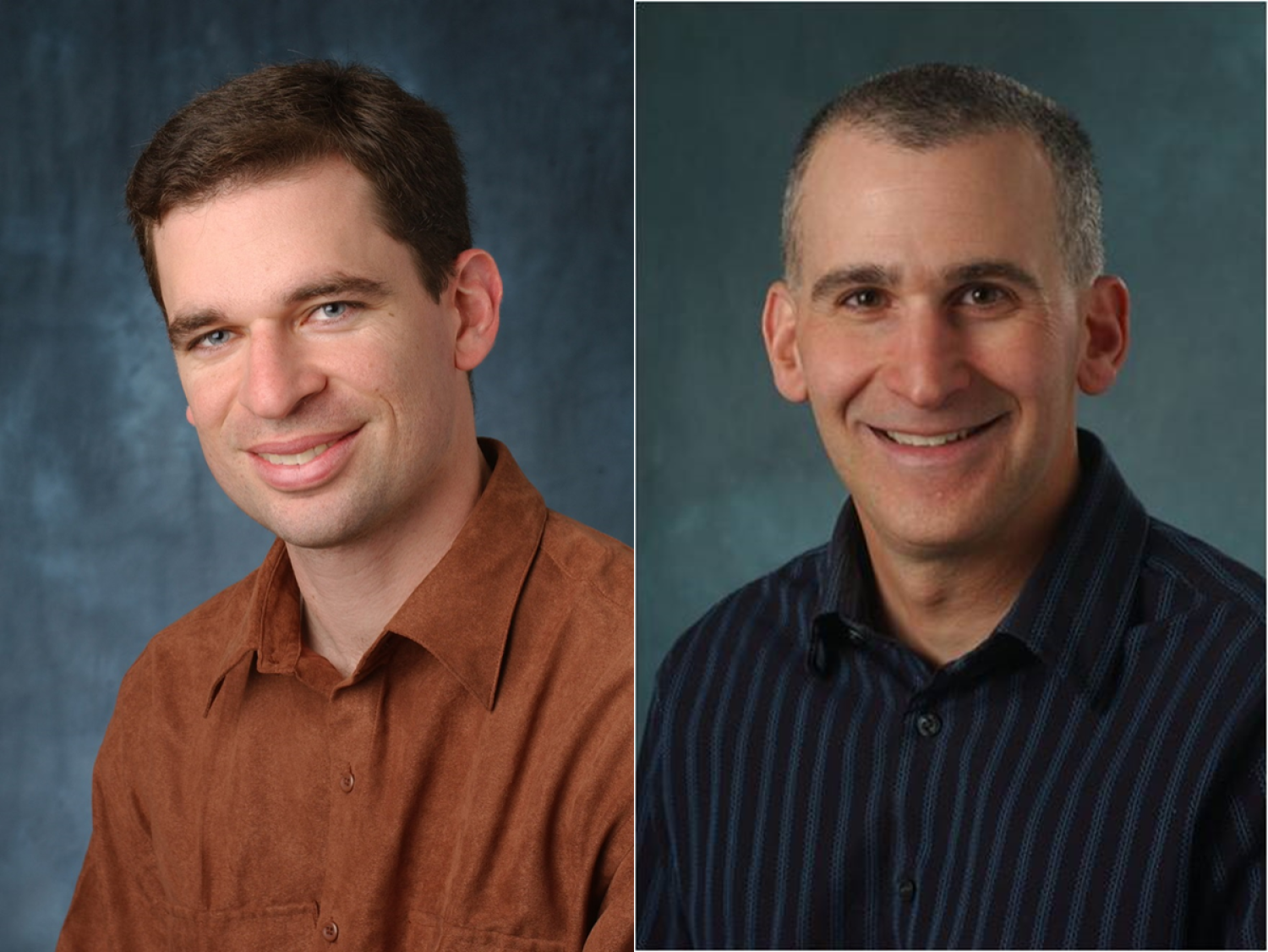Medlin and Schwartz's Biorefining Catalysis Work Published in Nature Communications

CU Chemical and Biological Engineering Professors Will Medlin and Dan Schwartz have discovered a way to improve biorefining catalysts used to convert biomass to fuel.
Their work, which was recently published in Nature Communications, involves adding alkanethiols to the catalyst to hinder undesirable reactions.
The hydrodeoxygenation of furfural is a critical reaction for converting biomass to fuel. The reaction requires a catalyst, which greatly increases the reaction rate.
Unfortunately, with conventional catalysts such as palladium, most of the furfural reacts to make an unwanted byproduct, furan. This furan diminishes biofuel yield.
Medlin and Schwartz shut down this undesirable reaction by adding alkanethiolate monolayers with varying surface densities to the catalyst. Says Medlin of their novel technique, “Alkanethiols self-assemble to form certain patterns on the catalyst surface. When we select an alkanethiol that forms the right pattern, we can effectively close off those parts of the catalyst that produce the unwanted product while leaving open those parts of the catalyst that produce the desired product.”
Read more at http://www.nature.com/ncomms/2013/130912/ncomms3448/full/ncomms3448.html.

